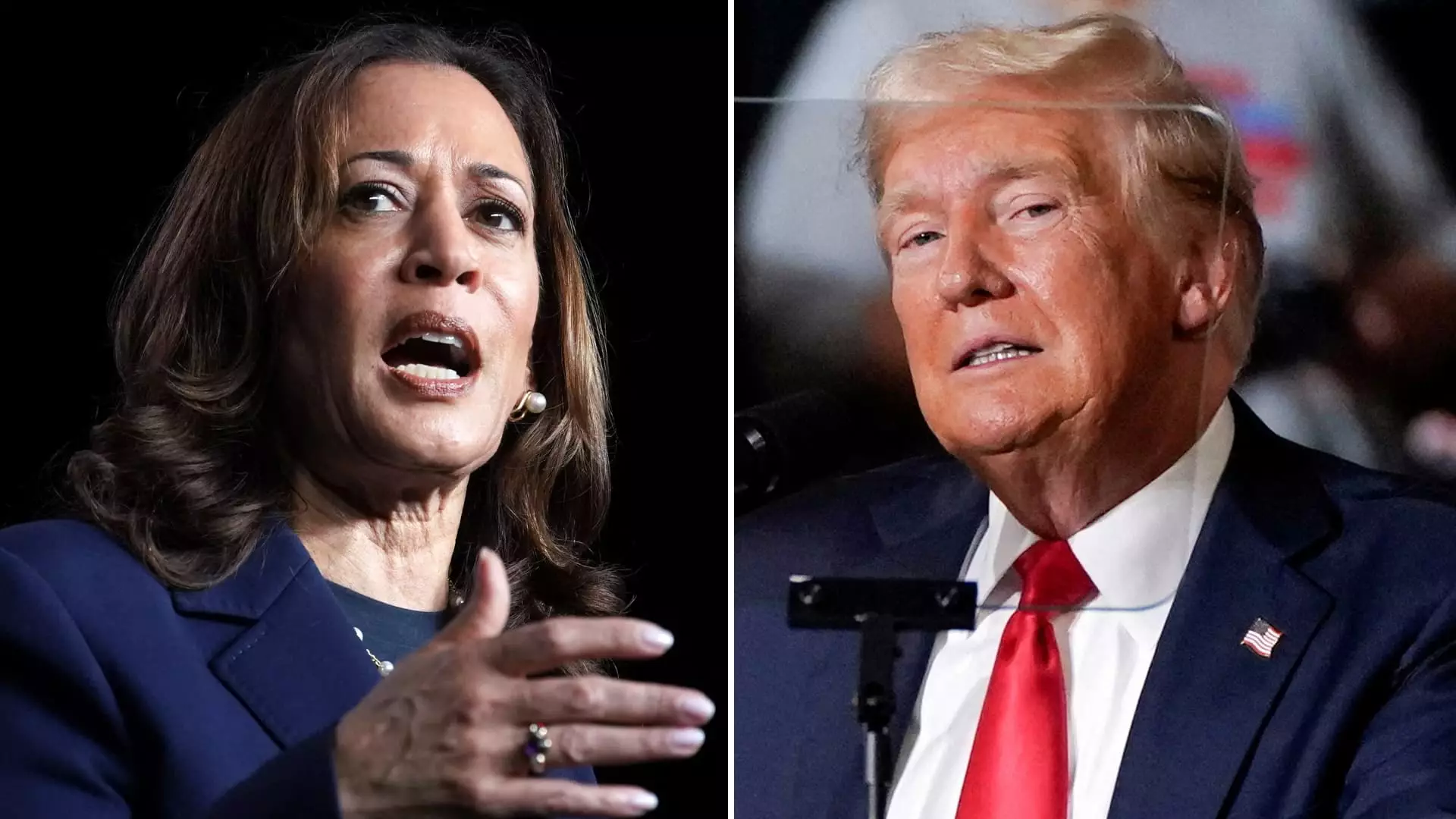As the 2026 elections approach, former President Donald Trump and Vice President Kamala Harris are unveiling their economic agendas that include significant tax changes. These changes have the potential to affect millions of Americans and will be a key issue for the next president.
Without action from Congress, trillions in tax breaks enacted by Trump through the Tax Cuts and Jobs Act (TCJA) will expire after 2025. This means that more than 60% of taxpayers could potentially see higher taxes in 2026 without extensions. Some of the expiring provisions include lower federal income tax brackets, a higher standard deduction, a bigger child tax credit, and more generous estate and gift tax exemptions.
Potential Consequences of Tax Policy
There is a significant disconnect between the political rhetoric surrounding the 2017 tax law and the actual policy reality that both parties will face in the coming years. While Democrats have criticized elements of the TCJA, it is likely that both parties will agree to extend trillions in tax cuts.
Candidates’ Stances on Tax Policy
Trump aims to preserve the individual and business tax cuts enacted through the TCJA. He has promised “big tax cuts for families and small businesses” and plans to maintain these tax breaks if elected. On the other hand, Harris has not directly addressed TCJA extensions during her campaign, but her economic plan includes measures to raise revenue and address the budget deficit.
Extending TCJA provisions and subsidized premiums for marketplace health insurance could significantly increase federal deficits over the next decade. Both candidates have vowed to address the budget deficit, but any tax law changes must be approved by Congress, which could prove challenging depending on future House and Senate control.
Proposed Tax Changes
Harris has proposed increasing the corporate tax rate to 28% from the 21% permanently enacted via the TCJA. This plan could potentially reduce the deficit by $1 trillion over the next decade. Meanwhile, Trump has called for sweeping tariffs on imported goods, which could have implications for average household income.
Eliminating Taxes on Tip Income
Both campaigns have floated the idea of eliminating income tax on tip income, with Harris announcing her plan in August and Trump introducing his two months prior. Despite bipartisan support in Congress, some policy experts have raised concerns about administrative hurdles and possible abuse of this measure.
Trump has also proposed no taxes on Social Security income, which is a critical issue for voters in this election. Harris, on the other hand, announced an economic plan that includes an expanded child tax credit worth up to $6,000 in total tax relief for families with newborn children.
The upcoming elections will be crucial for determining the future of tax policies in the United States. Both candidates have outlined their visions for tax changes, and it remains to be seen how these proposals will impact American taxpayers in the years to come.

